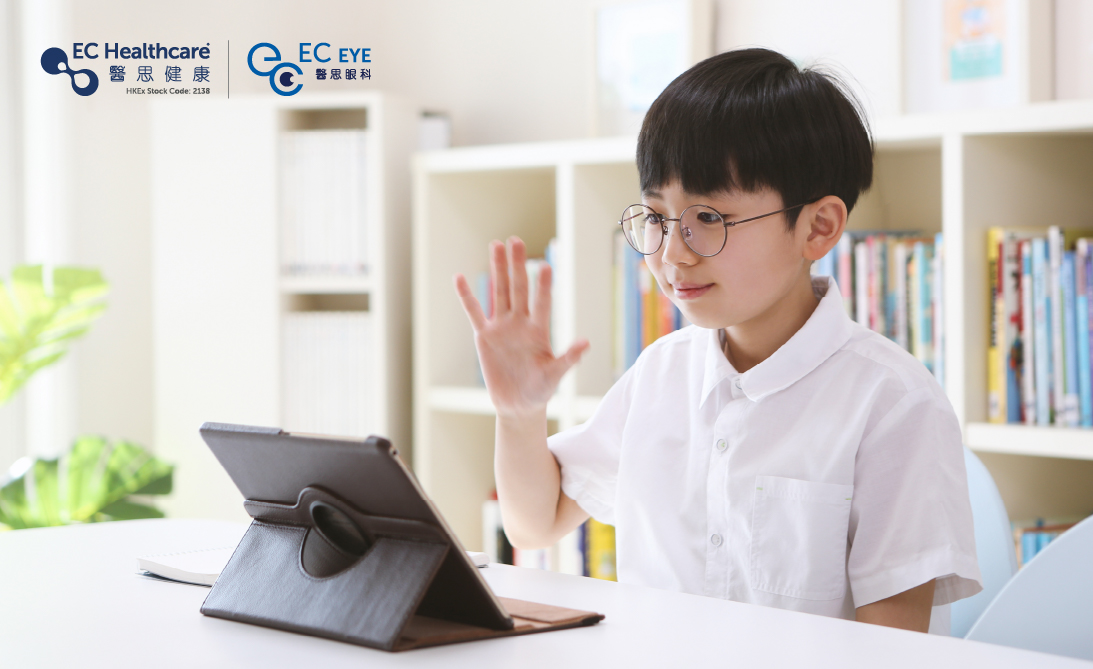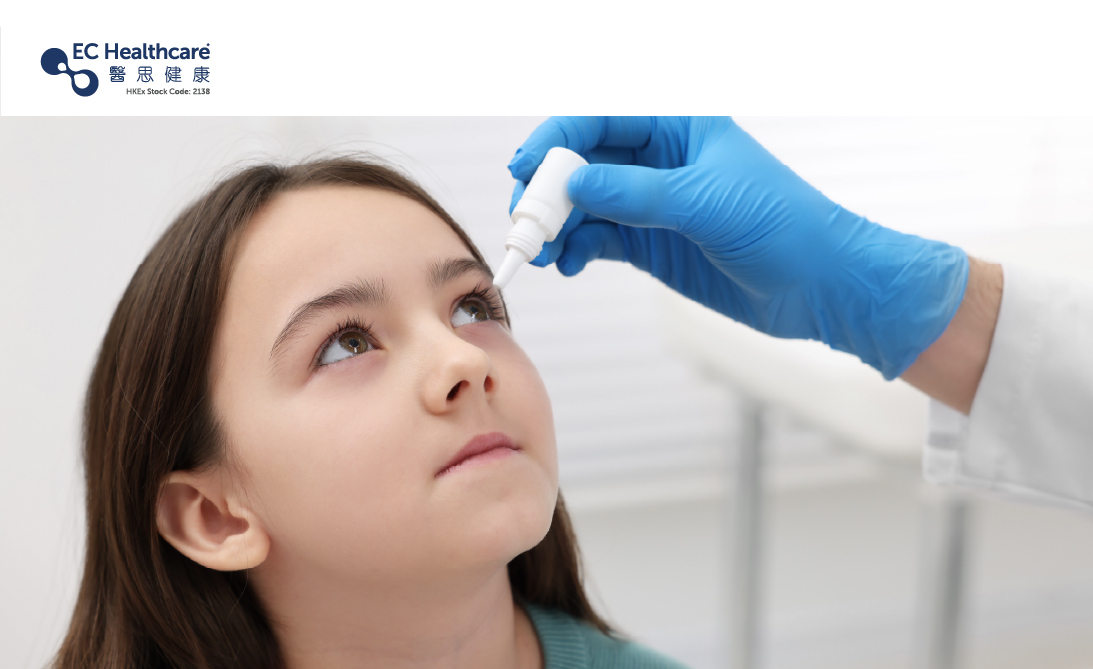Historic Surge in Post-COVID-19 Myopia Rates Among Hong Kong Children: 6-8 Year Olds "Four-Eyed" Population Increases Fivefold


Hong Kong has consistently had one of the highest myopia rates in the world. These days, children heavily rely on electronic devices for both learning and entertainment, causing many parents to worry about their children's eye health. Recently, a study conducted by The Chinese University of Hong Kong explored the impact and relationship between the pandemic and myopia in local children. The findings revealed a surge in myopia cases among Hong Kong children, with the myopia rate among 6-year-olds doubling alone!

Lack of Outdoor Activities Increases Myopia Risk
A research team from the Faculty of Medicine at The Chinese University of Hong Kong collected data from 20,527 Hong Kong children aged 6 to 8. The study examined changes in myopia rates, diopter, axial length, as well as their participation in outdoor activities, screen time, and duration of near-distance reading or writing from 2015 to 2021. The data was analyzed to explore the changes in their eye health during the pre-pandemic, pandemic period, and post-pandemic phases.
Research findings reveal a staggering 50% surge in myopia rates among 6 to 8-year-old children, marking an explosive increase from 23.8% before the pandemic to 36.2% post-pandemic. Of particular concern is the myopia situation among 6-year-olds, which has risen by over 11%, from 13.9% before the pandemic to 25.2% post-pandemic.
Furthermore, the research findings indicate that the COVID-19 pandemic has significantly altered people's lifestyles. A series of preventive measures has greatly reduced the opportunities for children to engage in outdoor activities, decreasing from an average of 1.4 hours per day before the pandemic to just 0.8 hours per day. As a result, children have fewer chances to focus on distant objects, depriving their eyes of sufficient time to relax.
The usage of electronic devices has also increased significantly, rising from approximately 2 hours per day before the pandemic to around 3.56 hours per day. With the widespread availability of electronic devices, children are more inclined to use e-books for learning and engage in entertainment activities on tablets or phones. This intensifies the risk of myopia or high myopia in children and increases the likelihood of severe eye complications due to elongation of the eyeball.
High Myopia Increases the Risk of Complications
Experts warn that myopia is irreversible, and it's not as simple as just wearing glasses! When children develop myopia at a younger age, the risk of developing high myopia and severe eye conditions in adulthood increases significantly! When myopia reaches 6.0 diopters, it falls into the category of high myopia, with the eyeball elongating by 10% compared to that of a normal person. This increases the risk of developing macular degeneration by 850 times, retinal detachment by 13 times, cataracts by 5 times, and a 3 times higher risk of glaucoma. Failure to address these risks can lead to permanent blindness!
To prevent early-onset myopia in children, ophthalmologists recommend increasing outdoor activities and cultivating healthy reading and electronic device habits. This includes ensuring adequate lighting, avoiding the use of electronic devices in dark environments, and following the 20-20-20 rule: after every 20 minutes of reading or using electronic devices, take a 20-second break to look at an object approximately 20 feet away, allowing the eyes to rest properly.








